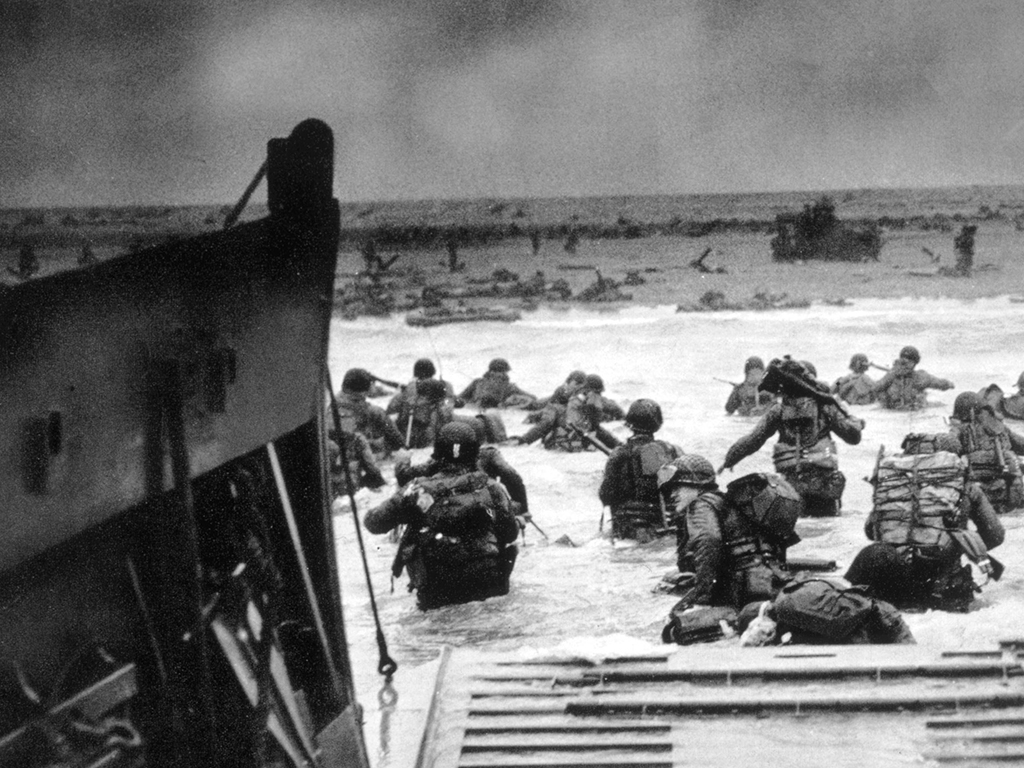D-Day invasion lay foundation for post-war Europe, A&M historian says

Seventy-eight years ago, more than 160,000 Allied troops landed on the beaches of Normandy, launching the invasion that’s often referred to as the beginning of the end of World War II in Europe.
The Normandy landings, also known as the D-Day invasions, were certainly “incredibly significant” to the war, said Adam Seipp, a professor in the Texas A&M University Department of History – but not for the reasons that come to mind for most Americans.
Seipp, who is also associate dean of the Graduate and Professional School at Texas A&M, specializes in European war and society and transnational history. He says the D-Day anniversary is an important time to reflect on and recognize the sacrifices of the soldiers who risked and, in some cases, gave their lives, on June 6, 1944, for a free Europe.
By allowing the Allies to establish a presence in Western Europe, D-Day represents a critical step in laying the foundation for a post-Nazi empire world, Seipp said.
“The Normandy landings, in many ways, meant that the capitals of Western Europe were liberated by the Western Allies, not by the Soviet Union,” he said. “In a sense, it’s perhaps more important for what happened after the war than what happened during the war.”
Seipp said D-Day is remembered in Europe today as a symbol for reunification. This was exemplified in 2004, when Gerhard Schroeder became the first German chancellor to attend a commemoration of the landings. On the 40th anniversary in 2014, Seipp said a “fascinating” commemoration ceremony essentially re-imagined D-Day.
“European leaders re-imagined the Normandy landings as a moment when Europeans realized the error of their ways,” Seipp said. “To reimagine D-Day as this moment along the way to European integration is fascinating, as an American. It’s remembered very different there than in the United States.”
D-Day’s narrative frequently focuses on its part in bringing World War II to a close. But just three weeks after D-Day, the Soviet Union launched a massive offensive that Seipp said was likely more integral to ending the war than the victory of the Allies in France.
“In a sense, I don’t think the Normandy landings really did much to hasten the end of Nazi Germany,” he said. “There’s almost no question the war was won and lost in the east.”

